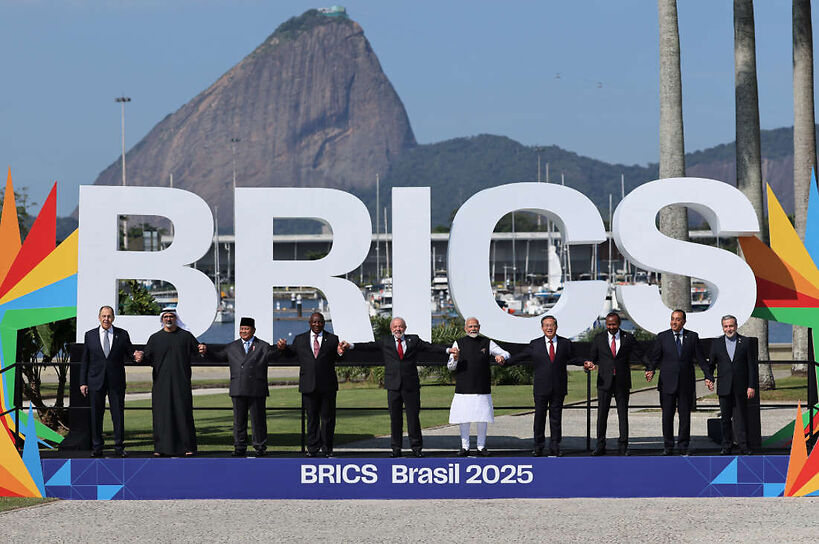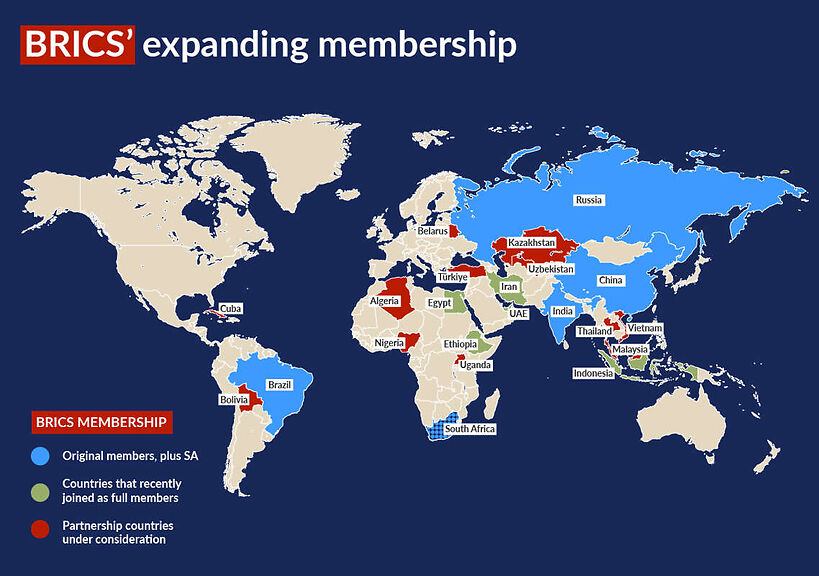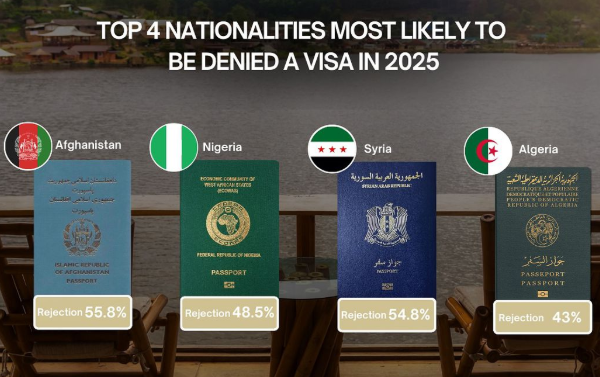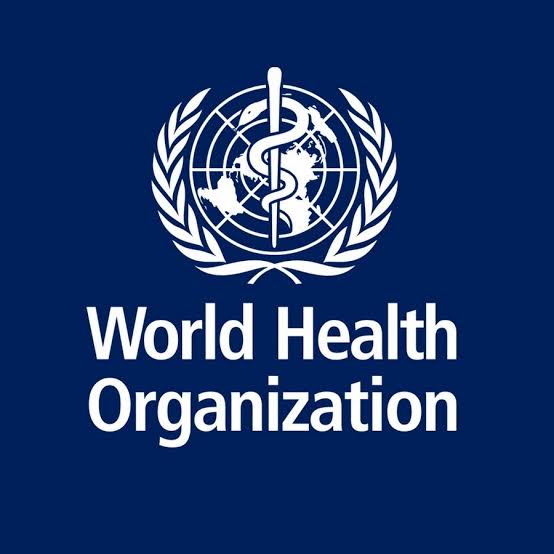BRICS 2025 Summit in Rio: Is Playing the Long Game Enough Amid Rising Global Tensions?

The recently concluded 2025 BRICS Leaders’ Summit in Rio de Janeiro unfolded amid a backdrop of rising global instability. After a period of increased visibility and expansion, the bloc appears to be losing momentum. As its enlarged membership confronts internal divisions and navigates an increasingly volatile international landscape, calls for a strategic reset are growing louder.
In recent years, BRICS has gained renewed attention, particularly in the aftermath of the Ukraine conflict and a rising wave of disillusionment with Western-led global governance and financial institutions. For many countries in the Global South, BRICS offered an alternative; built on the pillars of South-South cooperation, shared strategic interests, and a vision of progressive internationalism.
This renewed appeal was clear during the 2023 Johannesburg Summit, where six new members were invited to join. By 2025, five of these countries had officially signed on, with Indonesia being the latest. Saudi Arabia, however, remains undecided. At the 2024 summit in Kazan, BRICS introduced a new “partner country” format, allowing 10 additional states to participate in summit activities though with limited say in the group’s final decisions.
BRICS’s expanding membership

Source: ISS
The bloc has become an important venue for recalibrating geopolitical alignments. Notably, Kazan hosted a rare high-level meeting between Indian Prime Minister Narendra Modi and Chinese President Xi Jinping, marking their first formal dialogue in over five years; an encouraging sign of thawing tensions.
Still, questions are mounting over BRICS’ long-term relevance. Its expanding agenda, internal contradictions, and absence of a strong normative foundation threaten to weaken its capacity to lead meaningful reforms of the international system.
This year’s Rio summit did little to dispel those doubts. Two of the founding members’ leaders were absent in person. President Xi Jinping cited a scheduling conflict raising speculation that China is increasingly focused on pressing domestic economic issues. This was the first BRICS summit he has missed in over a decade.
Meanwhile, Russian President Vladimir Putin participated virtually, restricted by an International Criminal Court (ICC) arrest warrant over alleged war crimes in Ukraine. His absence echoes South Africa’s legal dilemma as an ICC signatory during the 2023 summit.
The presidents of Egypt, Iran, and the United Arab Emirates also skipped the summit, sending representatives instead. Other key players namely Brazil and South Africa appeared preoccupied with upcoming major events: Brazil is hosting the UN Climate Change Conference in Belém, and South Africa is preparing for the G20 Leaders’ Summit in Johannesburg.
External pressures further complicate BRICS’ path forward. President Donald Trump, during the summit, warned that any country aligning with BRICS’ “anti-American” stance would face an additional 10% tariff. He had previously threatened 100% tariffs on nations supporting the group’s proposed de-dollarisation agenda, which aims to reduce dependency on the U.S. dollar in global trade. This initiative primarily championed by China and Russia remains a core ambition of the group, though consensus on implementation remains elusive.
Geopolitical analyst Velina Tchakarova observed that internal divisions, particularly between India and China, continue to stymie strategic coherence. Meanwhile, Garima Mohan of the German Marshall Fund cautioned that China’s push for its own global governance model within BRICS does not necessarily offer a more inclusive or democratic alternative to the existing order.
This year’s summit reflected these realities. No bold initiatives or transformative declarations emerged. Instead, leaders focused on broad institutional themes; public health, AI, climate change, trade, and finance alongside cautious efforts to consolidate membership and streamline engagement strategies.
The final communiqué offered familiar rhetoric on global policy but lacked concrete steps, reinforcing the impression that BRICS is currently prioritizing survival over transformation.
This restrained approach may be intentional. Samir Puri, director at Chatham House’s Centre for Global Governance and Security, suggested that BRICS is wisely avoiding confrontation with the increasingly assertive second Trump administration. “The BRICS bloc may be playing the long game,” he noted. “There’s little benefit in triggering a high-profile clash with a combative U.S. president.”
Yet others argue this is a missed opportunity. Despite its flaws, BRICS remains uniquely positioned to reflect the diversity of today’s multipolar world. Its pragmatic, non-ideological cooperation enables engagement among states that often differ but share overlapping interests.
The group’s incremental institutional development is not insignificant. However, it may fall short of addressing the deeper fractures in today’s global system—marked by weaponised trade policies, unilateral military actions, and ballooning global defense budgets. Without a stronger and more unified voice, BRICS risks being reactive rather than visionary.
For now, the bloc seems content to respond to external challenges, particularly those from Washington D.C., instead of setting the agenda or countering rival power centers proactively.
As global disorder deepens and the West’s coherence remains shaky, the moment calls for bold leadership within BRICS. Simply coasting on past relevance won’t be enough to shape the future of global cooperation.
By Ronak Gopaldas, Director at Signal Risk and Consultant at the Institute for Security Studies (ISS), and Priyal Singh, Senior Researcher, Africa in the World, ISS Pretoria.
Originally published by ISS Today. Republished with permission.


